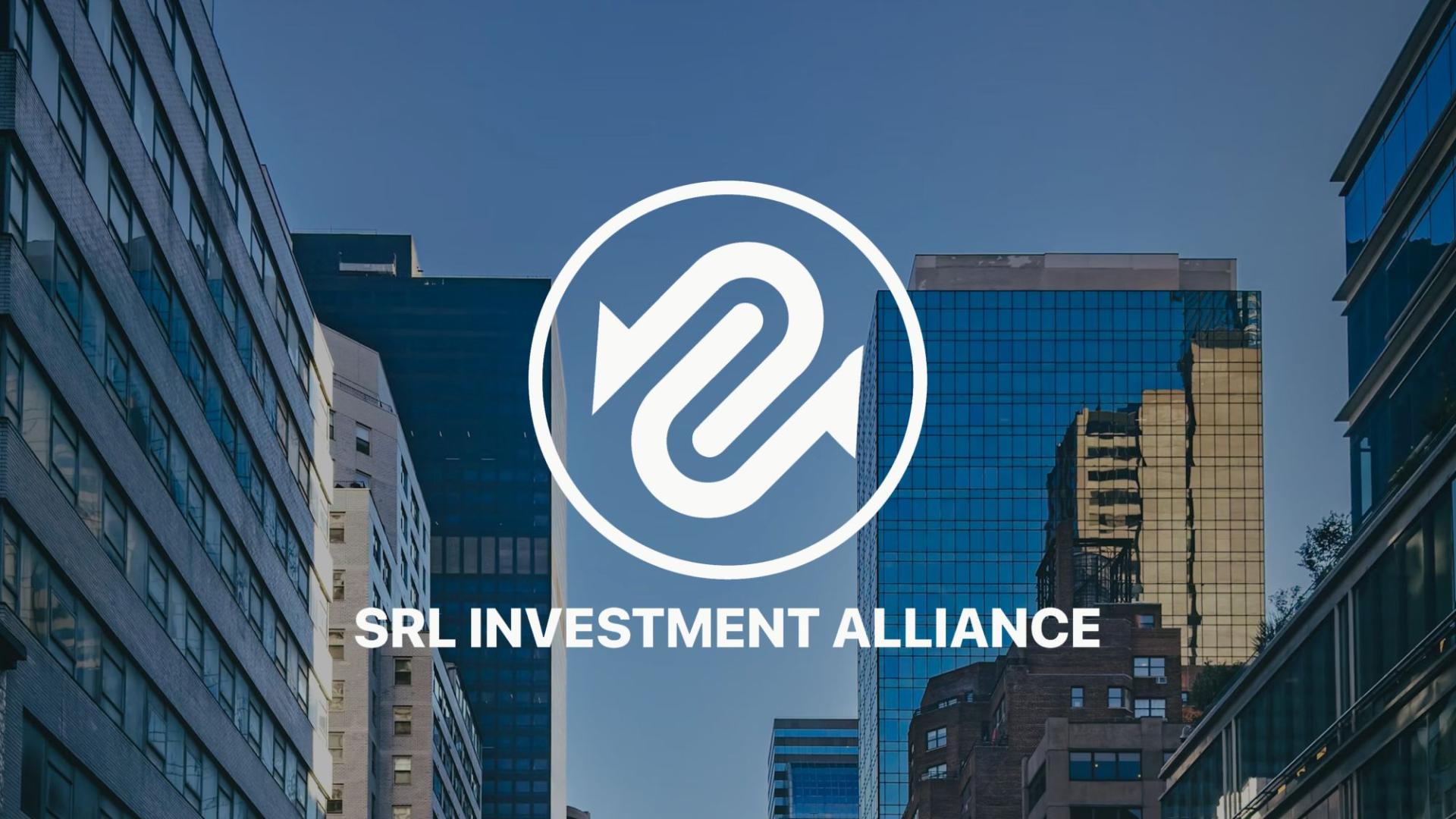Copyright CNBC

Johan Svanstrom, CEO of Rightmove, said: "AI is now becoming absolutely central to how we run our business and plan for the future." "We are already working on a wide range of exciting AI-enabled innovations for the benefit of our partners and consumers, and see vast potential utilising our leading reach and connected data," he added. This share price reaction highlights a major difference between British and American investors. The latter, as they have frequently shown recently, welcome news of a ramping up in AI investment. British investors, by contrast, tend to be wary of anything that smacks of "jam tomorrow." This is not a new phenomenon. As long ago as August 2004, shares of British Sky Broadcasting, suffered a one-day fall of 19% after James Murdoch, its then-CEO, announced the satellite broadcaster would invest hundreds of millions of pounds in technology and infrastructure at the expense of short-term profitability. It is worth noting that, since Friday's sell-off, shares of Rightmove have rallied following a string of broker notes suggesting they had been oversold and giving the investment a warmer reception. But that initial market reaction raises questions over how other British businesses needing to raise AI investment will announce it in the future. To date, there has been little caution on that front. Most U.K. firms recognize the need to embrace AI and references to it in company trading updates have mushroomed over the last year. An analysis of 700 FTSE-100 annual reports published in March by Multiverse, the learning and skills provider, found that 49% of FTSE-100 companies and 48% of U.K. firms this year mentioned AI as part of their strategy. Yet this is not necessarily being matched with sufficient investment. Matt Clifford, author of the U.K. government's AI Opportunities Action Plan and a former advisor to Prime Minister Keir Starmer, warned in September that British firms were falling behind international rivals in their adoption of AI. He told the Royal Television Society conference: "We kid ourselves the U.K. is good at tech. We're good at creative tech but we're the worst adopter of tech in the G7." "And that could result in a perfect storm where financial services are transformed by AI, along with life sciences, but our firms are slower to adopt AI than their international competitors, and they lose share over time," Clifford said. He said U.K. company leaders were "mired in anxiety" about adopting AI, with most implementation currently "bottom up," coming from individual users and engineers. He added: "AI is a bit like teenage sex — everyone's talking about it but far fewer are actually doing it. And the people who boast about it the most are usually doing the least." Upfront investments It seems likely those furthest behind in AI implementation will be SMEs (Small and Medium-Sized Enterprises) due to a lack of financial resources. But The Race for ROI, a report published two weeks ago by IBM, suggested even larger U.K. businesses are dragging their feet. It found nearly two-thirds of organizations were yet to tap into the full potential of AI — with most using it mainly to improve productivity or lower costs rather than, for example, enhance customer experience as Rightmove hopes to. It did note, though, that the financial services, energy and utilities sectors were making some progress on this front. High upfront investment costs appear to be a key factor. The Value of AI in the UK, a report published last month by SAP, found that the average British company will invest £15.94 million on AI this year, behind the £27.46 million for the average American company and £31.59 million for the average Chinese company. This is despite the average U.K. business leader expecting AI spending to deliver a 17% return on investment in 2025. Apart from investment costs, a shortage of skills or expertise also looks to be holding back AI implementation, probably due to a lack of training. The Multiverse analysis found that only 34% of FTSE-100 companies and 18% of U.K. firms more broadly referenced AI training in their reports which it noted "appears low for a technology that most companies are striving to adopt." Look hard enough, though, and some companies are getting it right. One is the FTSE-100 online car marketplace Autotrader , which last year launched Co-Driver, a suite of AI powered tools aimed at improving the experience of both car retailers and car buyers by, for example, supporting retailers to create high quality adverts more efficiently and reducing the amount of time it takes for them to advertise their vehicles. Nathan Coe, the CEO, revealed last week the product had already been used by 10,000 customers to create more than one million advertisements. Autotrader is also launching a new AI-powered product, Buying Signals, which uses existing consumer data to flag to a retailer how likely a customer is to buy a vehicle, how local the buyer is and the type of vehicle they are interested in. This is a good example of using AI to expand rather than simply cut costs. If it can successfully emulate Autotrader — which dominates the U.K. online used car market just as Rightmove does online property — the latter's shareholders should eventually be well pleased. Disclosure: Comcast is the parent company of British Sky Broadcasting and NBCUniversal, which owns CNBC. Versant would become the new parent company of CNBC upon Comcast's planned spinoff of Versant. Top TV picks on CNBC The British broadcaster confirmed it is in preliminary talks with Sky over the potential £1.6 billion sale of its media and entertainment business. — Holly Ellyatt Need to know Weak jobs data weighs on U.K. assets. The country's unemployment rate rose to 5%, higher than expected, in the three months to September. Yields on U.K. government bonds — known as gilts — fell and the sterling weakened against the U.S. dollar. The Bank of England holds rates steady. Even though a slim majority of members at the BOE's meeting on Thursday voted to keep rates at 4%, Governor Andrew Bailey signaled to CNBC that rate cuts are coming, saying that "we're past peak-restrictiveness." 'I've got to change my destiny': Ms. Jo Malone CBE on reinvention. In a candid conversation with CNBC's Steve Sedgwick on the "Executive Decisions" podcast, Malone shared how her early struggles shaped the entrepreneurial drive and resilience that would define her career. — Yeo Boon Ping, Holly Ellyatt Quote of the week [AI] is proving to be very disruptive, and I think it's only just beginning. We've surveyed our clients and 15% said they're cutting back on hiring because of the introduction of automation and AI. —James Reed, chairman and CEO of Reed In the markets London's FTSE 100 hit a fresh record high on Tuesday, with the index provisionally closing at around 9,900 points. "The FTSE 100 is within a whisker of hitting 10,000 and it could only be a matter of days or hours before reaching this triumphant level," AJ Bell's Dan Coatsworth said in a Tuesday note. "Chancellor Rachel Reeves would love the FTSE 100 to hit the magic 10,000 level before the Budget, so she can use the achievement to help back her campaign to get more people invested in U.K. assets." Meanwhile, U.K. government bonds — otherwise known as gilts — were volatile on Tuesday, with yields falling across the curve after the U.K. unemployment rate rose more than expected. Market watchers told CNBC the figures made a December rate cut from the Bank of England more likely, while piling additional pressure on Reeves ahead of the critical Autumn Budget. By the end of European trade, the yield on the benchmark 10-year gilt was marginally higher, reversing course from an earlier fall that saw yields fall by close to 8 basis points. Sterling also saw volatile trade earlier in the day, falling against both the U.S. dollar and the euro after the labor market data release. By 5 p.m. in London, the U.K. currency was flat against the greenback, but still close to 0.4% lower versus the euro.



